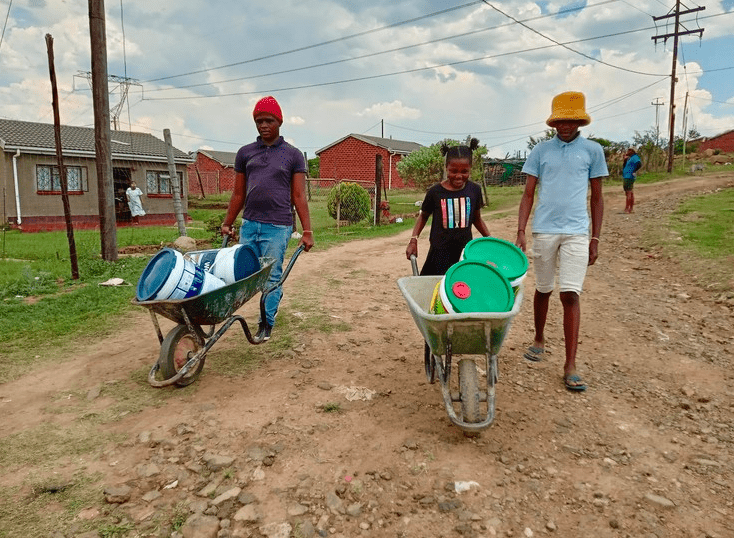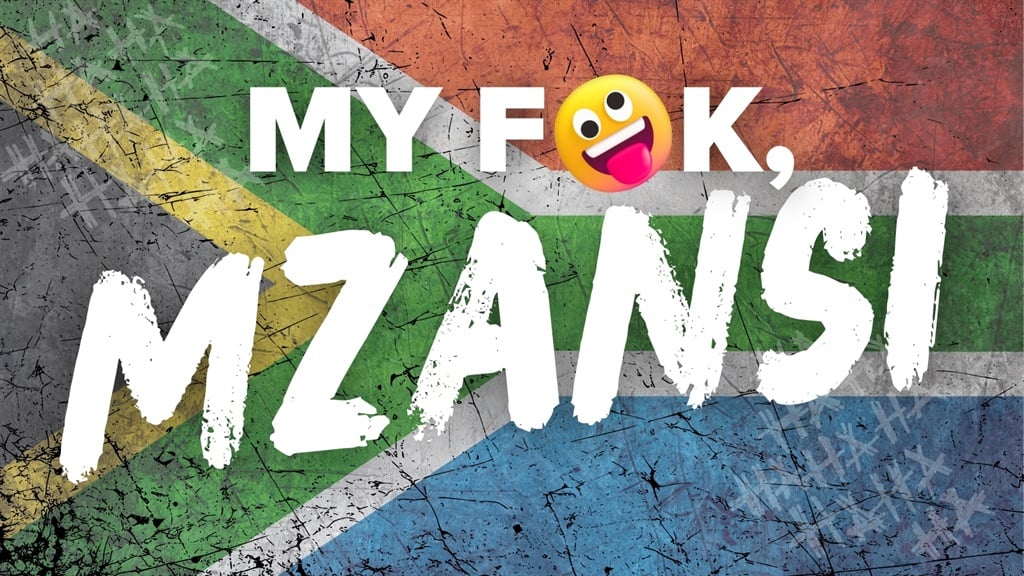Ten months after President Cyril Ramaphosa announced the launch of e-Visas for 14 countries, including China, India, Kenya and Nigeria, to streamline and modernise the visa application process, South Africa is trailing behind other African countries.
The e-Visa was envisaged to enable visitors to apply and pay online for a visa from their home country, without visiting the SA Mission.
The Africa Visa Openness Index, a joint initiative of the African Development Bank and the African Union Commission, has tracked visa regimens in Africa since 2016.
The latest index shows many countries have returned to pre-pandemic levels of visa openness. For each country, it calculates the number of countries whose citizens must obtain visas before travelling, the countries whose citizens may obtain a visa upon arrival, and those whose citizens do not need a visa to enter. The countries are then assigned a visa openness score and ranked, on a scale of 0 to 1.
South Africa scores an abysmal 33 out of 54, level with Niger.
Poor showing
SA has a dismal e-Visa service and does not offer travellers visas on arrival. It has been heavily criticised by South Africans and visitors alike, who find the Department of Home Affairs’ website impossible to navigate.
Some of the country’s top banks — FNB, Nedbank, Absa, Standard Bank and Investec — have stepped in to assist clients by enabling the processing of the e-Visas, but the operation remains cumbersome and frustrating. Most complaints on social media relate to the inability to upload documents, receive one-time PINs, and secure bookings.
Last week, Home Affairs Minister Aaron Motsoaledi told Parliament that his department had a visa backlog of more than 56,500 applications, which it hoped to clear by the middle of 2024.
The visa applications backlog has not been helped by Home Affairs’ decision to centralise long-term visa applications, which resulted in delayed processing times and missed opportunities for travel and business.
He said the turnaround times for visas differ, depending on which visa is being processed, but that it usually takes between four and 10 weeks to process critical skills visas, while business and work visas take up to 14 weeks.
Policy changes
The Africa Visa Openness Index shows how countries’ policies are evolving in terms of freedom of movement across Africa, and how policy changes around visas can have a significant impact on the ease with which Africans can travel to other countries.
Data for this year’s edition was collected in July and August. The main sources of information were the International Air Transport Association and the countries’ official websites.
As noted by Albert Zeufack, the World Bank’s country director for Angola, Burundi, Democratic Republic of the Congo, and São Tomé and Principe, “The potential growth of jobs and wages inside the African Continental Free Trade Area [AfCFTA] might contribute to expanding possibilities for all Africans.
“Around 68 million people should be able to escape moderate poverty thanks to the AfCFTA, which will also increase the competitiveness of African nations. But for the agreement to fully benefit, proper implementation will be essential, as well as thorough monitoring of repercussions on all workers — men and women, skilled and unskilled — across all countries and sectors.”
Twenty-four countries in Africa offer e-Visas.
Forty-four African countries, including SA, have ratified the AfCFTA agreement and 35 countries (61%) have joined the Single African Air Transport Market. Thirty-two countries (59%) — but not SA — have signed the Protocol on the Free Movement of Persons.
Seven of the top 10 countries on the index are part of the Economic Community of West African States (Ecowas). The report recognises reciprocity among member states as being a key driver of visa openness.
The nationals of 97% of Ecowas member states do not require a visa to travel within the region, which is also making strides in increasing its openness to non-Ecowas countries.
The Southern African Development Community (SADC) has an average index score of 0.536, second only to Ecowas.
Visit Daily Maverick’s home page for more news, analysis and investigations
Six SADC countries feature among Africa’s top 20 performers, with only half of SADC member states having signed the Protocol on the Free Movement of Persons (excluding most island states and most members of the Southern African Customs Union).
The top three countries — Benin, the Seychelles and Gambia, which achieved scores of 1 on the index — offer visa-free entry to all Africans. Ghana is ranked fourth, with Rwanda in fifth place.
West Africa has the largest share of top-performing countries in 2022, with eight of the top 20 performers (or 40%). Of these eight countries, seven feature among the top 10. East Africa has eight representatives in the top 20, with one country in the top 10.
Southern Africa has three top-20 countries (15%).
The report notes that while many countries have reversed the restrictions in 2022 that were implemented to curb the pandemic, others introduced an e-Visa or a visa on arrival designed to encourage visitors, stimulate trade and investment, and help the continent to integrate.
African integration progress
“Africa’s integration progressed in other ways as well. Several countries ratified the African Continental Free Trade Area Agreement over the past year, bringing the number of ratifications to 44 of 54 signatories. Under the Guided Trade Initiative, the first trading under AfCFTA rules commenced. And negotiations on rules of origin are nearing completion.
“These are important milestones, but for the AfCFTA to deliver on its promise to Africa’s people, liberalising the movement of goods must be accompanied by liberalising cross-border services and mobility: not only for tourists and consumers, but also for service providers — truck drivers, suppliers of medical and engineering services, telecommunications workers, etc — and traders and businesspeople at every scale.”
The authors say that many countries have concerns about liberal visa regimes, but regional policies on visa openness are often more progressive than what countries practise on the continental scale.
“These regional initiatives must continue to be encouraged, for they serve as building blocks to wider openness. Adopting liberal, forward-looking policies that dismantle barriers to the movement of persons, whether by embracing technology or by lowering administrative and transaction costs, will help drive Africa forward.” DM/BM
![]()





















Discussion about this post